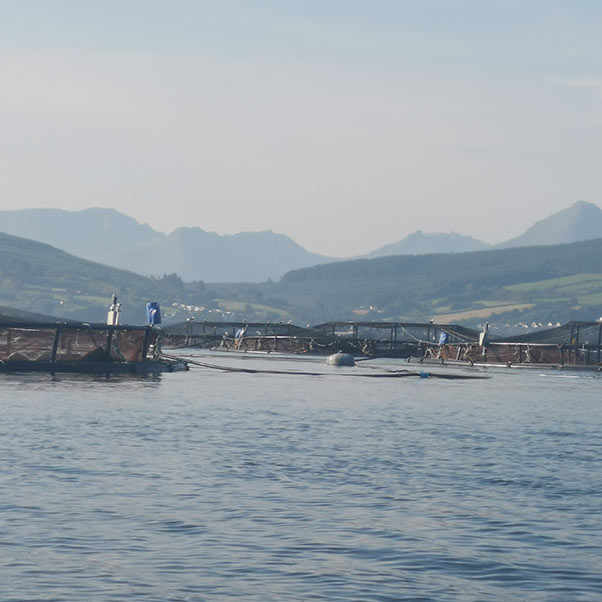Protecting the marine environment
Investigations led by UWE Bristol experts in marine and fisheries law have played a critical role in establishing proper legal practices and lobbying for greater safeguards.
Led by Dr Tom Appleby, UWE Bristol researchers examined the practice and understanding of public and private rights to fisheries operating in the UK and overseas territories, as well as European and international regulations surrounding those rights.
Whereas it was previously assumed that the UK fishery was ownerless, our studies proved that it is, in fact, owned by the Crown on behalf of the UK public. These findings were used by the Blue Marine Foundation (BLUE) to successfully lobby the UK Government to enhance public control of the UK’s fishery.

Regulation and safeguarding
Our researchers looked at the creation of Marine Protected Areas (MPAs), sites designated by national governments under international law, to shield threatened ecosystems for long-term conservation.
BLUE used our research to call for an MPA around Ascension Island, home to the largest marine reserve in the Atlantic and spanning 445,000 square kilometres (an area approaching twice the size of the UK itself).
In Scotland, the Community of Arran Seabed Trust (COAST) used our research to frame its proposal for an MPA that now restricts damaging bottom-towed fishing gears in 80% of the South of Arran MPA, to the benefit of fish stocks and biodiversity and the local community.
BLUE, together with the French non-governmental organisation (NGO) Bloom, called for a ban in UK MPAs in the North Sea on electric pulse trawling, a practice that involves sending electric shocks into the seabed to shock fish and scare them into the trawl net. Pulse trawling, which can fatally injure species not within the target catch, was being used by nearly 100 European vessels and taking place in EU-designated UK MPAs on an experimental basis, which our research indicated was unlawful. Following BLUE’s efforts, the EU introduced a law to ensure electric pulse trawling would be phased out in all EU waters by 2021.
Management measures for fishing fleets
Researchers also discovered widespread failures in EU waters to apply the Habitats Directive, an important conservation regulation adopted by the EU in response to international legal requirements to protect rare or threatened animal and plant species. Our team found that EU Member states were incorrectly assuming that fishing vessels were exempt from the Habitats Directive under the EU’s Common Fisheries Policy (CFP). UWE Bristol’s research was central to a complaint issued by BLUE and written by Dr Appleby highlighting the illegal use of destructive fishing practices at the Dogger Bank MPA in the North Sea.
WWF Netherlands subsequently used the research and led a coalition of European NGOs to review these practices, prompting the EU’s Directorate-General Environment to investigate the UK, Dutch, Belgian and German governments for their failure to implement management measures for fishing fleets.
Following Brexit and the UK’s exit from the CFP, BLUE drew on UWE Bristol’s work and threatened the UK Government with legal action to ensure the Habitats Directive still applied to UK and EU fishing vessels in UK waters. The UK Government have accepted the position proposed by BLUE and UWE Bristol. Effective management measures are now in the process of being brought in, starting with protective measures on the UK’s portion of the Dogger Bank and three other offshore MPAs, due to be enacted early in 2022.
Contribution to the UN 2030 sustainable development goals
UWE Bristol is proud to align our research to the UN sustainable development goals. The above research aligns with the following goals:
Breaking research boundaries
We’re tackling the big issues of today and tomorrow head on. This is big, brave thinking for a better future. It’s research done well. Research with the power to transform lives, transform the future.
Breaking research boundariesYou may also be interested in

Research in the College of Arts, Technology and Environment
The College of Arts, Technology and Environment (CATE) has a well-established and continuously developing research environment.

Centre for Advanced Built Environment Research (CABER)
Find out more about the Centre for Advanced Built Environment Research, UWE Bristol including research themes, projects or get in contact.

News
The latest news stories from across UWE Bristol.



